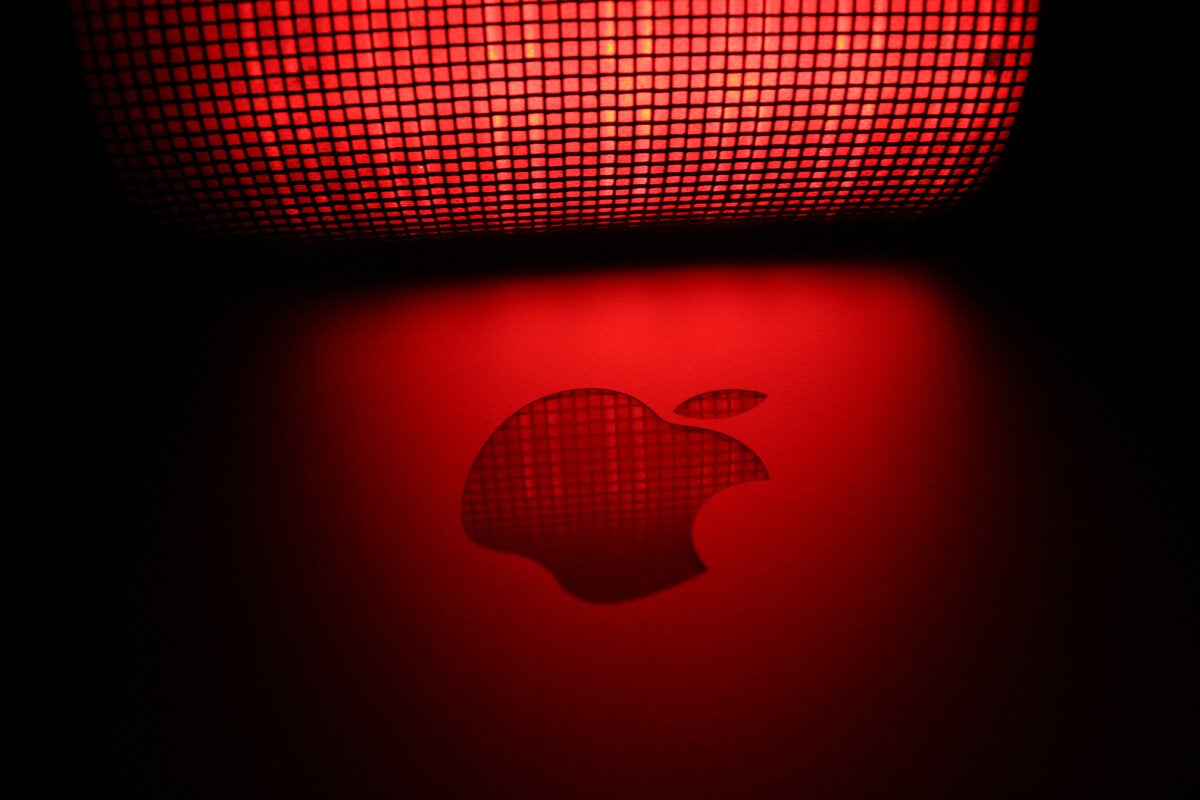Jamf touts big boost to enterprise security at JNUC

Jamf opened its annual JNUC event for Apple admins today with a slew of announcements focused on device management and security, a new Jamf Trust app, further information on its recently announced ZecOps deal and other updates likely to be of interest to Apple IT professionals.
The company also committed to supporting Microsoft Device Compliance on Macs later this year, with support for Google’s context-aware zero trust framework (BeyondCorp) on iOS devices in early 2023.






